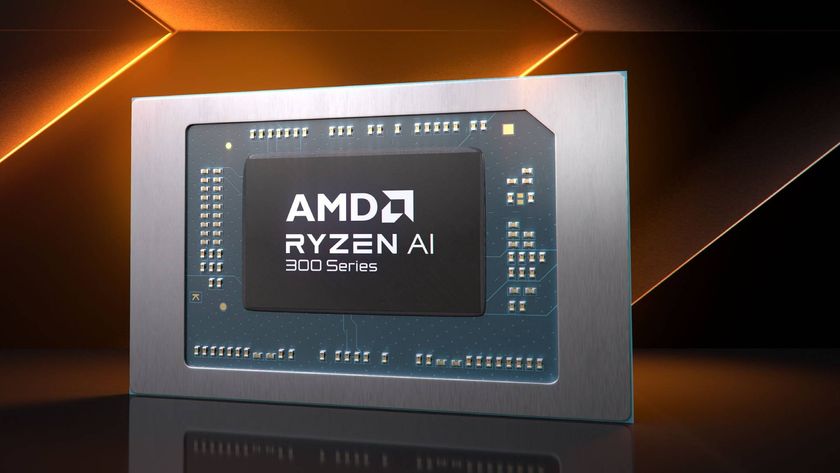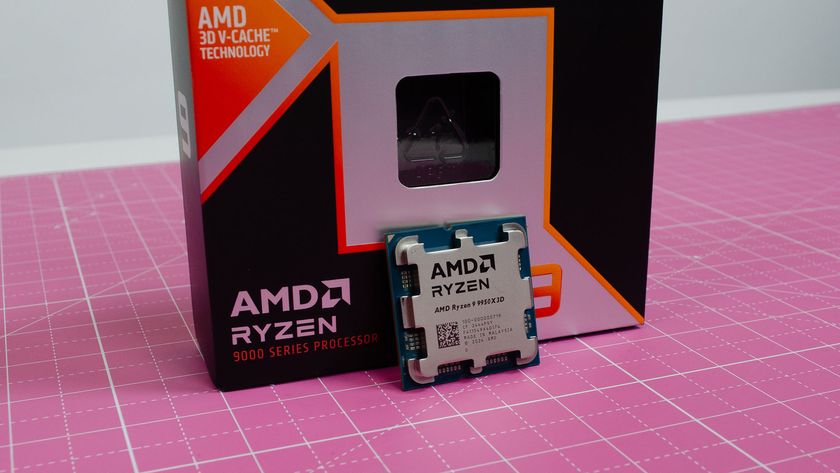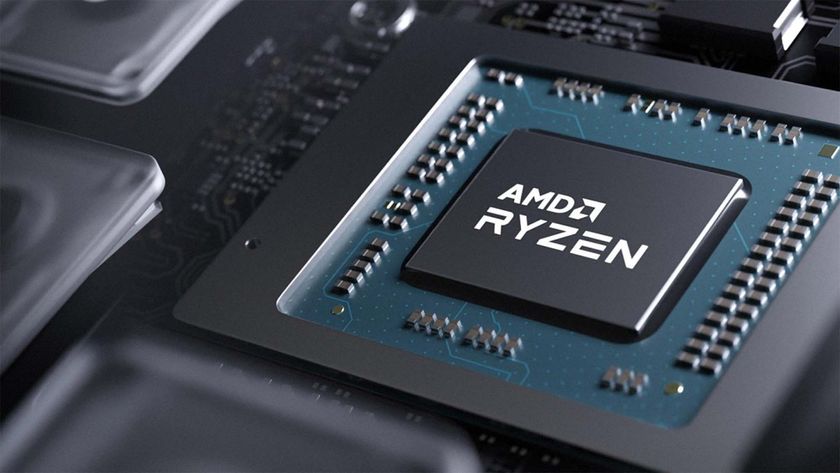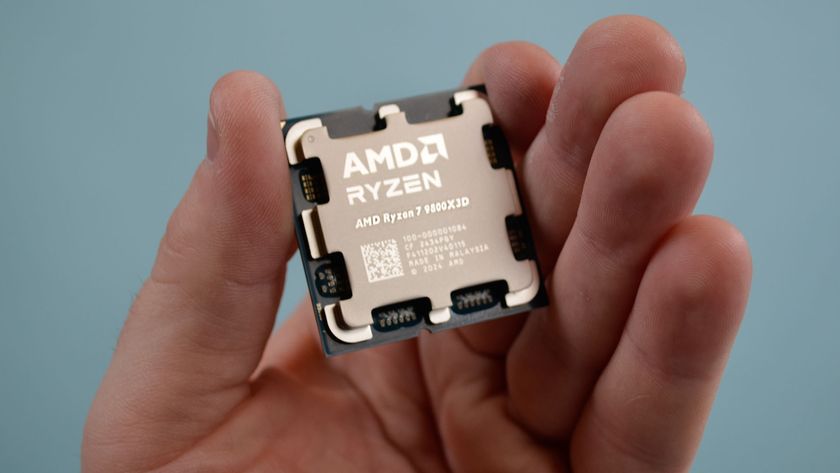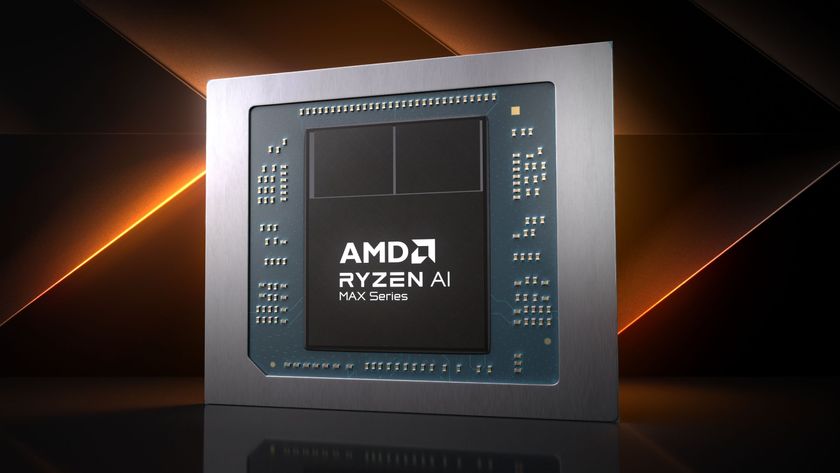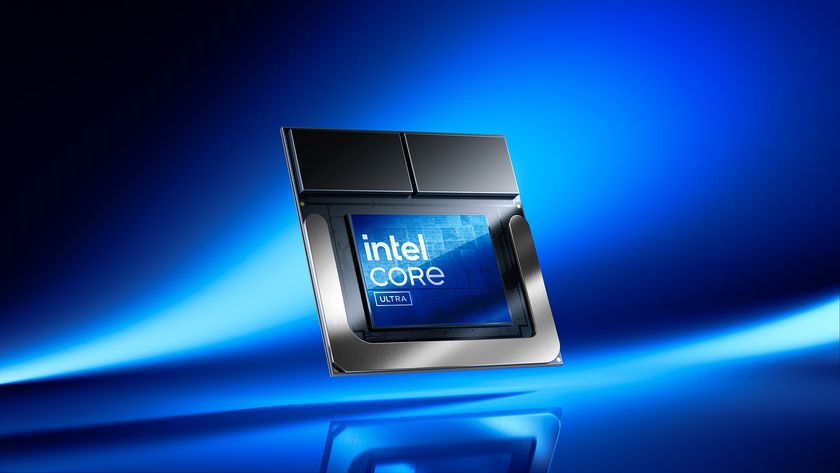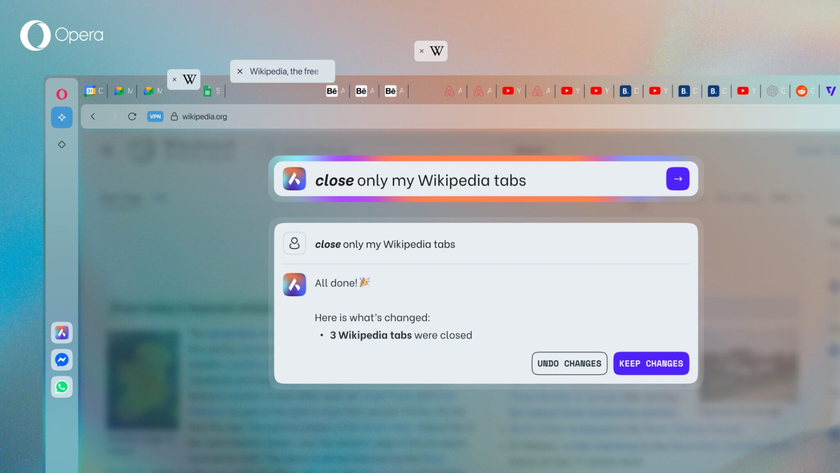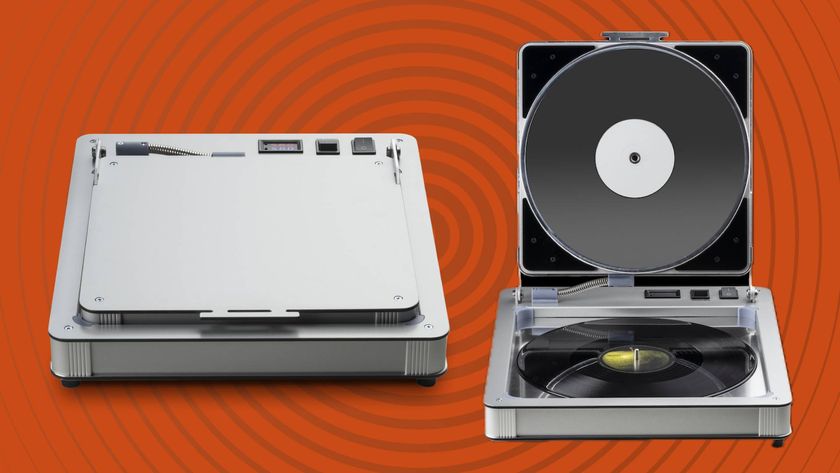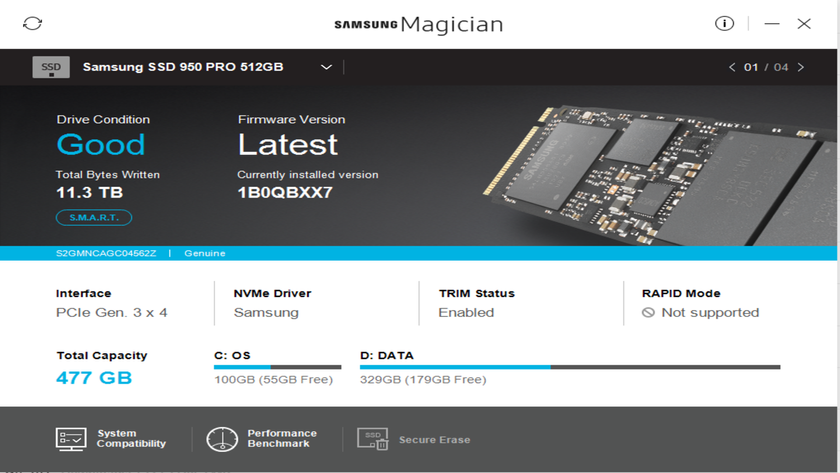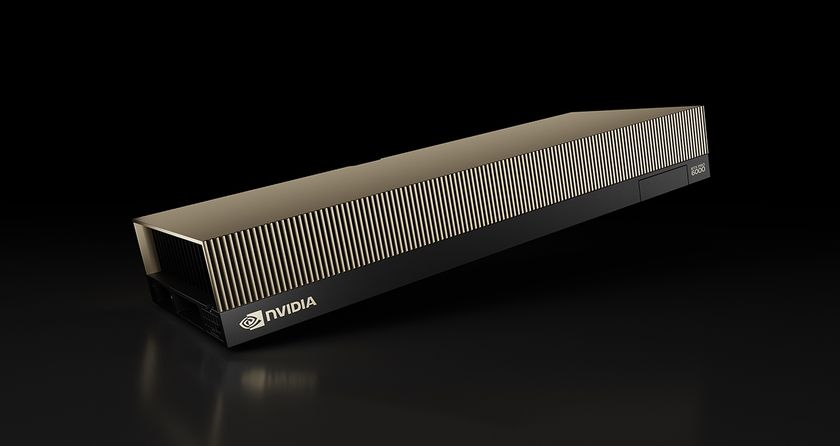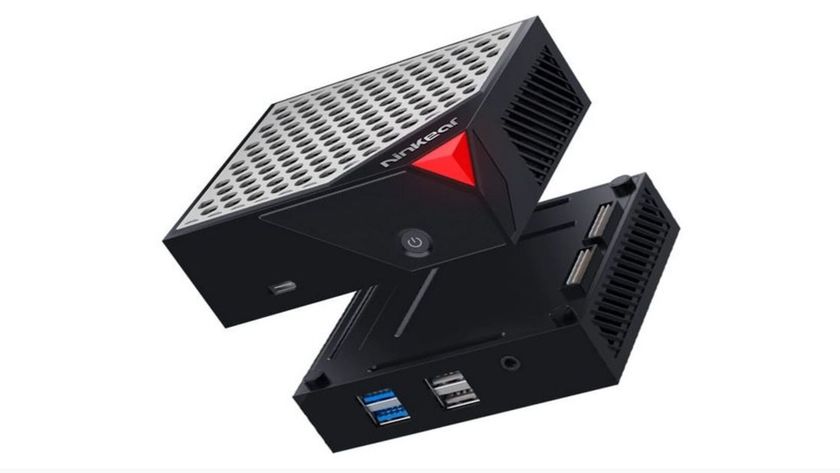Intel Rocket Lake CPU leak suggests fight with AMD isn’t over yet
Leaked benchmark hints at a strong performance for incoming 8-core flagship
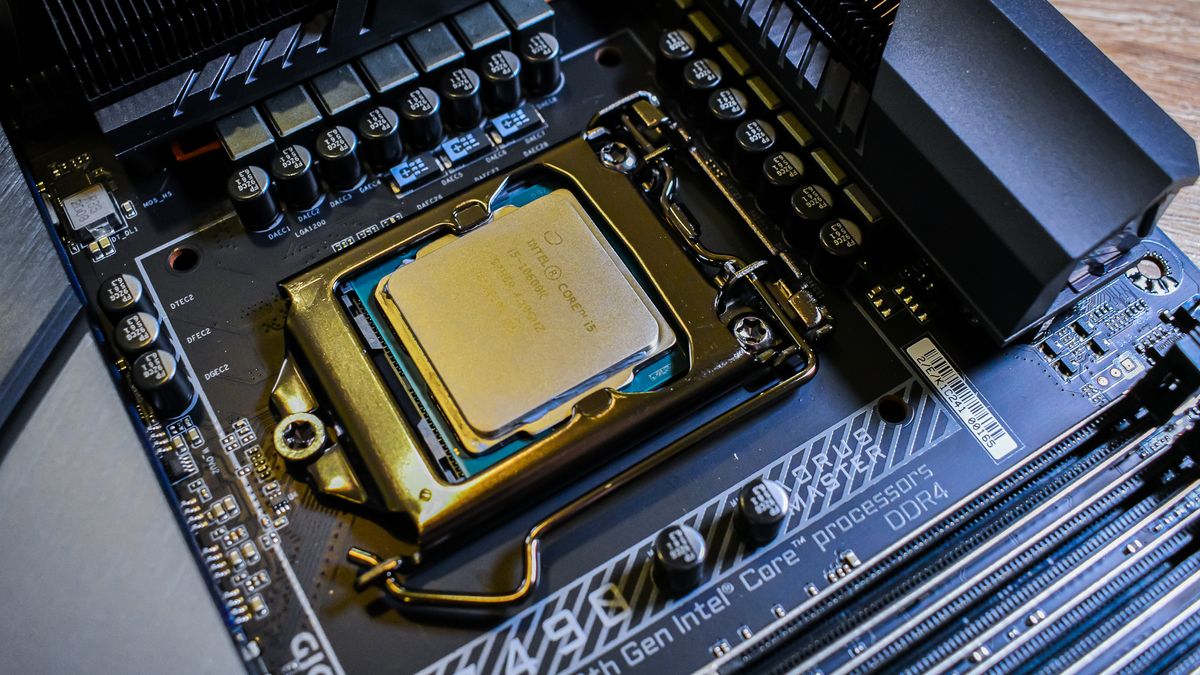
Intel’s Rocket Lake processors are expected to deliver a double-digit IPC (instructions per clock) performance improvement, according to the chip giant’s recent tease, and a freshly leaked benchmark hints at some seriously impressive gains.
In fact, going by the UserBenchmark result shared on Twitter by well-known leaker Tum_Apisak, we are looking at a 21% IPC boost, which would even edge out AMD’s promised 19% gain with the imminent Ryzen 5000 CPUs that Rocket Lake will take on.
MSI Z590-A PRO-12VO (MS-7D10)Intel 0000U3E1, 1 CPU, 8 cores, 16 threadsBase clock 3.4 GHz, turbo 4.2 GHz (avg)Rocket lake🤔https://t.co/ryJbIvYIjz pic.twitter.com/0PynjFXLttOctober 30, 2020
Remember, as with any spilled pre-release benchmark, this should be treated with a great deal of caution, but it appears to show an 8-core Rocket Lake CPU – and that’s the flagship, as there won’t be a 10-core chip like there is with current Comet Lake silicon – hitting a single-core score of 179 in UserBenchmark, and 1,115 across all cores.
- We’ve picked out all the best processors
- And check out the best motherboards
- We’ll tell you how to overclock your CPU
If we compare that to the Core i7-10700K – which isn’t the Comet Lake flagship, but is the 8-core CPU in the current range – it scores 148 in single-core, so the purported Rocket Lake chip seemingly offers a 21% uplift in performance.
Across all 8-cores the gains are slimmer, but the Rocket Lake benchmark is still 7% faster.
Flagship duel
Even against the flagship Core i9-10900K, the Rocket Lake sample was 18% faster in single-core. And remember, the 10900K is capable of boosting to 5.3GHz, whereas this engineering sample is running at a Turbo of 4.2GHz average, so that obviously won’t be the final spec. Indeed, it’s expected that Rocket Lake will run with even faster clock speeds than Comet Lake, with word on the CPU grapevine being that we could see 5.4GHz or even 5.5GHz reached.
Again, certainly with this new leak, we need a large dose of condiments, and of course it should be noted that UserBenchmark isn’t exactly the first performance test that folks go running to when comparing CPUs.
Get daily insight, inspiration and deals in your inbox
Sign up for breaking news, reviews, opinion, top tech deals, and more.
Still, it would certainly seem that there are some seriously promising architectural improvements for next-gen Intel processors which are expected to arrive early in 2021 – and gamers are likely to be the biggest beneficiaries of Intel’s progress, or so we’ve heard.
Let’s hope Intel can come out of the blue corner fighting against the undoubted strength of Ryzen 5000, because an uncompetitive CPU arena won’t do anyone any favors in the longer run.
- Here are the best gaming PCs
Via Tom’s Hardware
Darren is a freelancer writing news and features for TechRadar (and occasionally T3) across a broad range of computing topics including CPUs, GPUs, various other hardware, VPNs, antivirus and more. He has written about tech for the best part of three decades, and writes books in his spare time (his debut novel - 'I Know What You Did Last Supper' - was published by Hachette UK in 2013).
